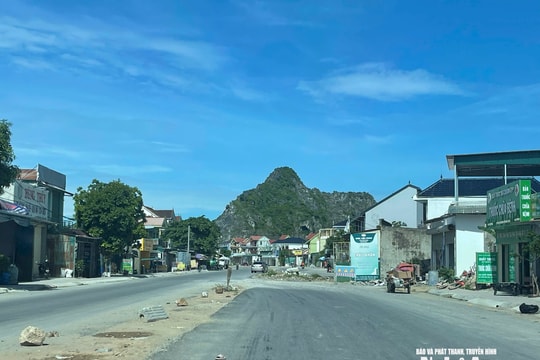Nghe An revises land acquisition and compensation policy to better ensure people's rights
(Baonghean.vn) - Based on the advice of the Department of Natural Resources and Environment, on February 14, 2022, the Provincial People's Committee issued Decision No. 24/2022/QD-UBND regulating compensation, support and resettlement when the State reclaims land in the province. Nghe An Newspaper had an interview with comrade Hoang Quoc Viet - Member of the Provincial Party Executive Committee, Director of the Department of Natural Resources and Environment on a number of related issues.
Reporter:Dear comrade! It is known that regarding compensation, support and resettlement, the Provincial People's Committee has issued many documents for implementation. So, could you please tell us the reason why the Provincial People's Committee issued this new decision?
Comrade Hoang Quoc Viett:That's right! Regarding compensation and resettlement support when the State reclaims land for construction works and projects in the province, on the basis ofLand Law 2013, recently, the Provincial People's Committee has issued documents for implementation. Such as Decision No. 54/2014/QD-UBND, dated August 19, 2014; followed by Decision No. 58/2015/QD-UBND, dated October 13, 2015; Decision No. 39/2018/QD-UBND, dated September 10, 2018 (amending and supplementing a number of articles of the Decision and amending and supplementing a number of articles in Decision No. 58/2015/QD-UBND); Decision No. 40/2018/QD-UBND, dated September 25, 2018.
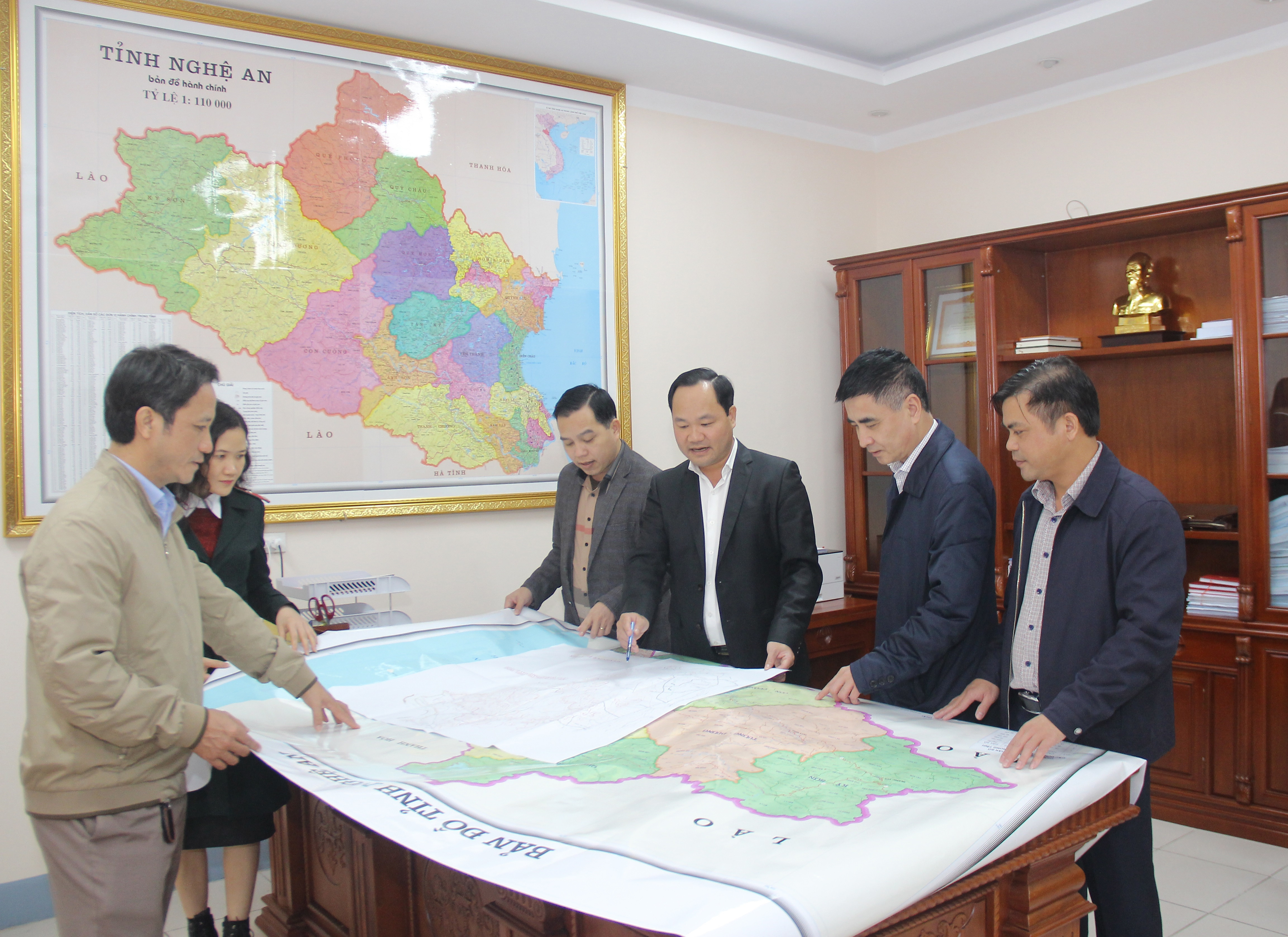 |
| Leaders of the Department of Natural Resources and Environment and professional staff reviewed land use planning for construction sites and projects in the province. Photo: Mai Hoa |
Accordingly, the implementation of compensation, support and resettlement to clear land for projects in cases where the State has recovered land in the province in the past has been carried out in accordance with current regulations at each time; ensuring objectivity, publicity, transparency, basically creating high consensus among the people, creating conditions for investors to implement works and projects, promoting investment attraction and general development of the province.
However, on December 18, 2020, the Government issued Decree No. 148/2020/ND-CP amending and supplementing a number of decrees detailing the implementation of the Land Law. Previously, the Government also issued Decree No. 51/2020/ND-CP dated April 21, 2020 amending and supplementing a number of articles of Decree No. 14/2014/ND-CP dated February 26, 2014 of the Government detailing the implementation of the Electricity Law on electrical safety (including a number of contents related to compensation and site clearance for power projects). Therefore, a number of current regulations of the Provincial People's Committee are not suitable to reality and need to be amended and adjusted accordingly.
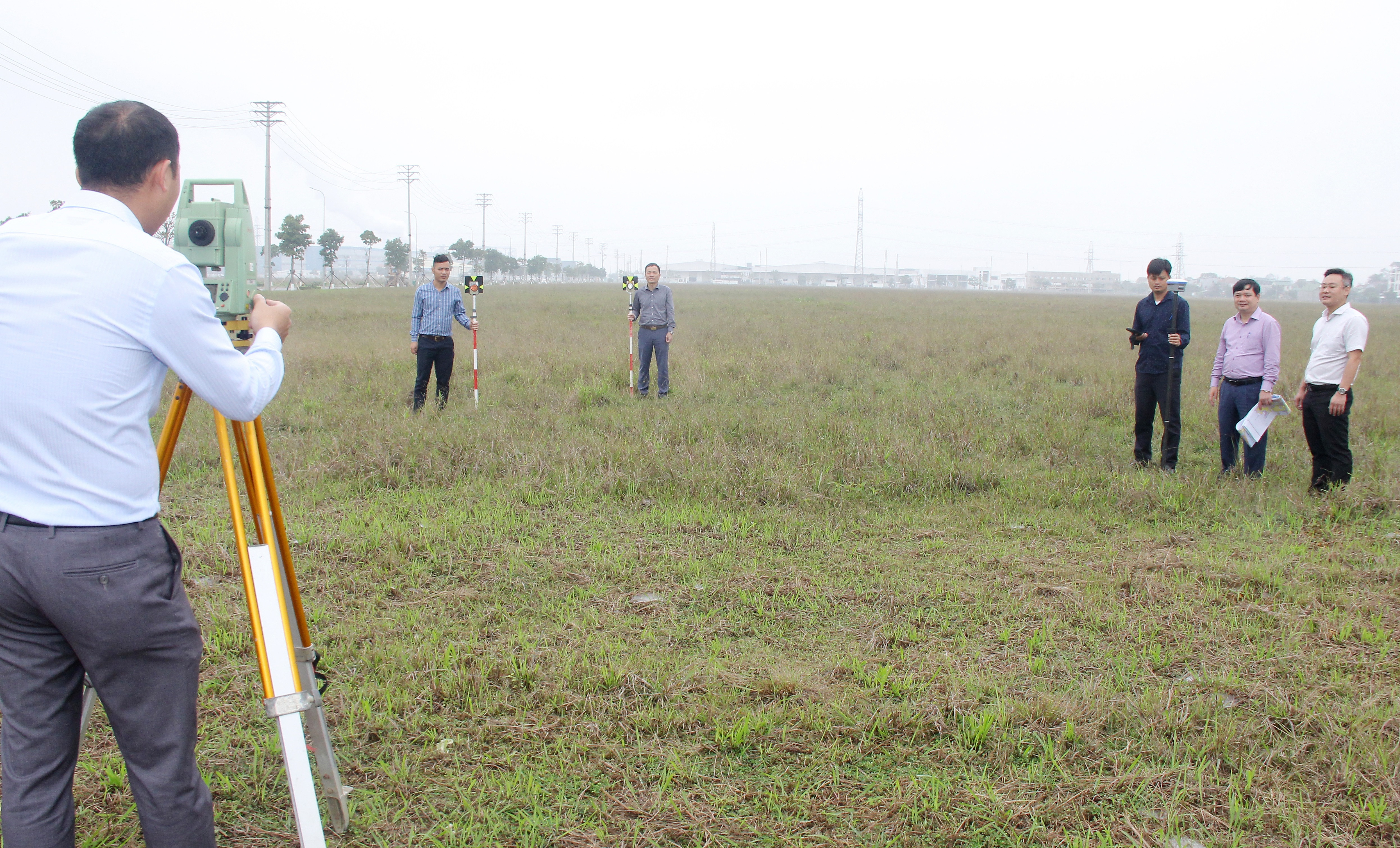 |
| Staff of the Department of Natural Resources and Environment conduct surveys to serve land allocation and leasing for investment projects. Photo: Mai Hoa |
On the other hand, the compensation, support and resettlement work in the province in recent times, between regulations and practice, still has some shortcomings and difficulties, affecting the rights of people whose land is recovered, making it difficult for competent authorities to carry out compensation and site clearance work.
Based on the above bases, on the direction of the Provincial People's Committee, the Department of Natural Resources and Environment has advised and submitted to the Provincial People's Committee to issue an implementation document under the responsibility and authority of the Provincial People's Committee. On February 14, 2022, the Provincial People's Committee issued Decision No. 24/2022/QD-UBND regulating compensation, support and resettlement when the State recovers land in the province (replacing current regulations, and at the same time abolishing Decision No. 74/2017/QD-UBND of the Provincial People's Committee). This regulation better ensures the rights of people whose land is recovered and resettled.
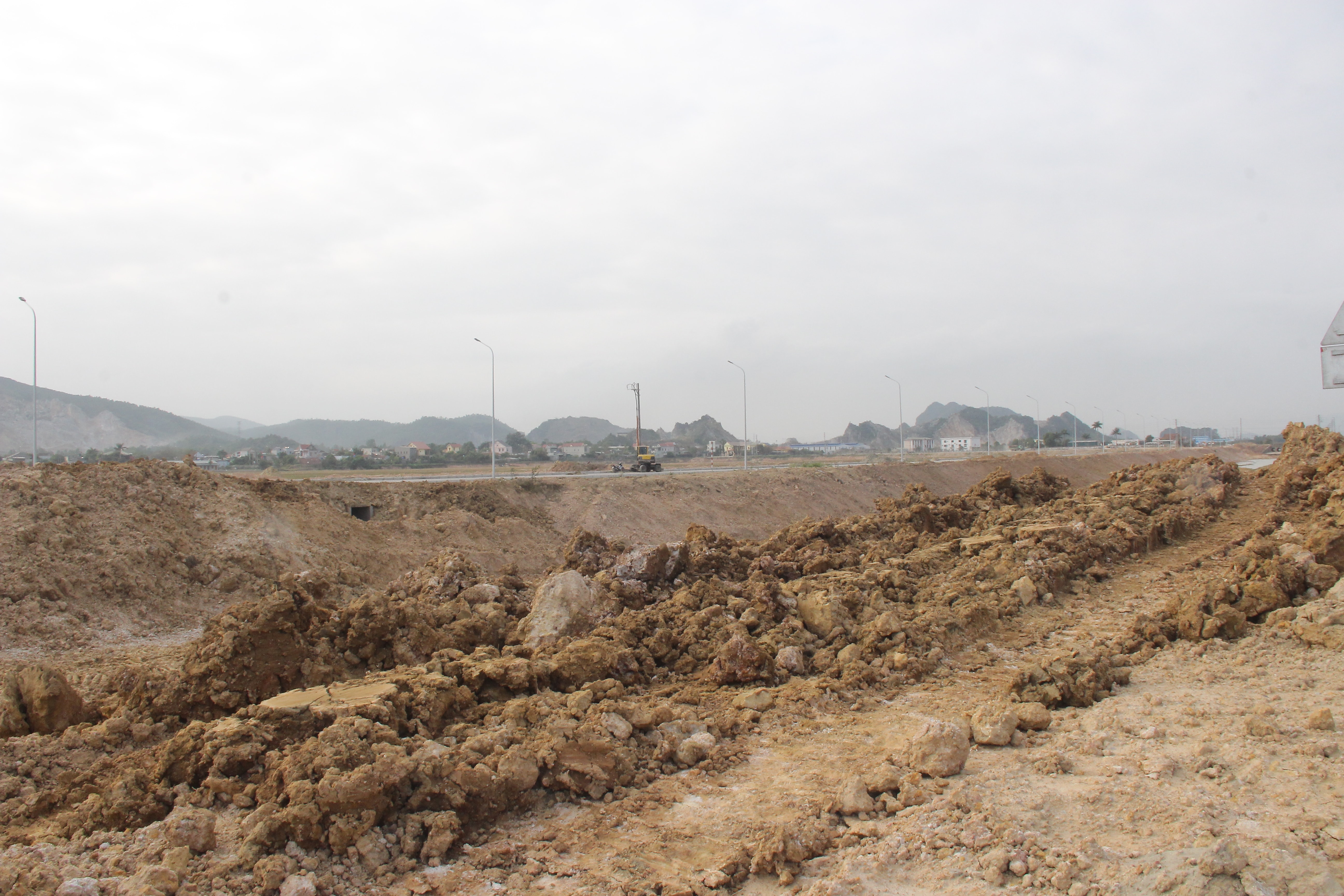 |
| Compensation, support and resettlement work in the province in recent times has not been easy. In photo: Hoang Mai 1 Industrial Park Project. Photo: Mai Hoa |
Reporter:Could you please tell us some important new points in theDecision No. 24/2022/QD-UBNDof the Provincial People's Committee?
CopperHoang Quoc Viet newspaper:Decision No. 24/2022/QD-UBND of the Provincial People's Committee amends and adjusts regulations on compensation for damages caused by restrictions on the ability to use land in safety corridors when constructing works with protection corridors; regulations on compensation and support for houses and works affected by power works corridors; regulations on support for stabilizing life and production.
In addition, it also supplements regulations on compensation and support policies for people with revolutionary contributions who are leased land by the State and pay land rent at once for the entire lease term; regulations on compensation and support due to relocation of graves; compensation for aquatic crops and livestock; regulations on compensation and support in cases where construction units borrow land for temporary use during construction.
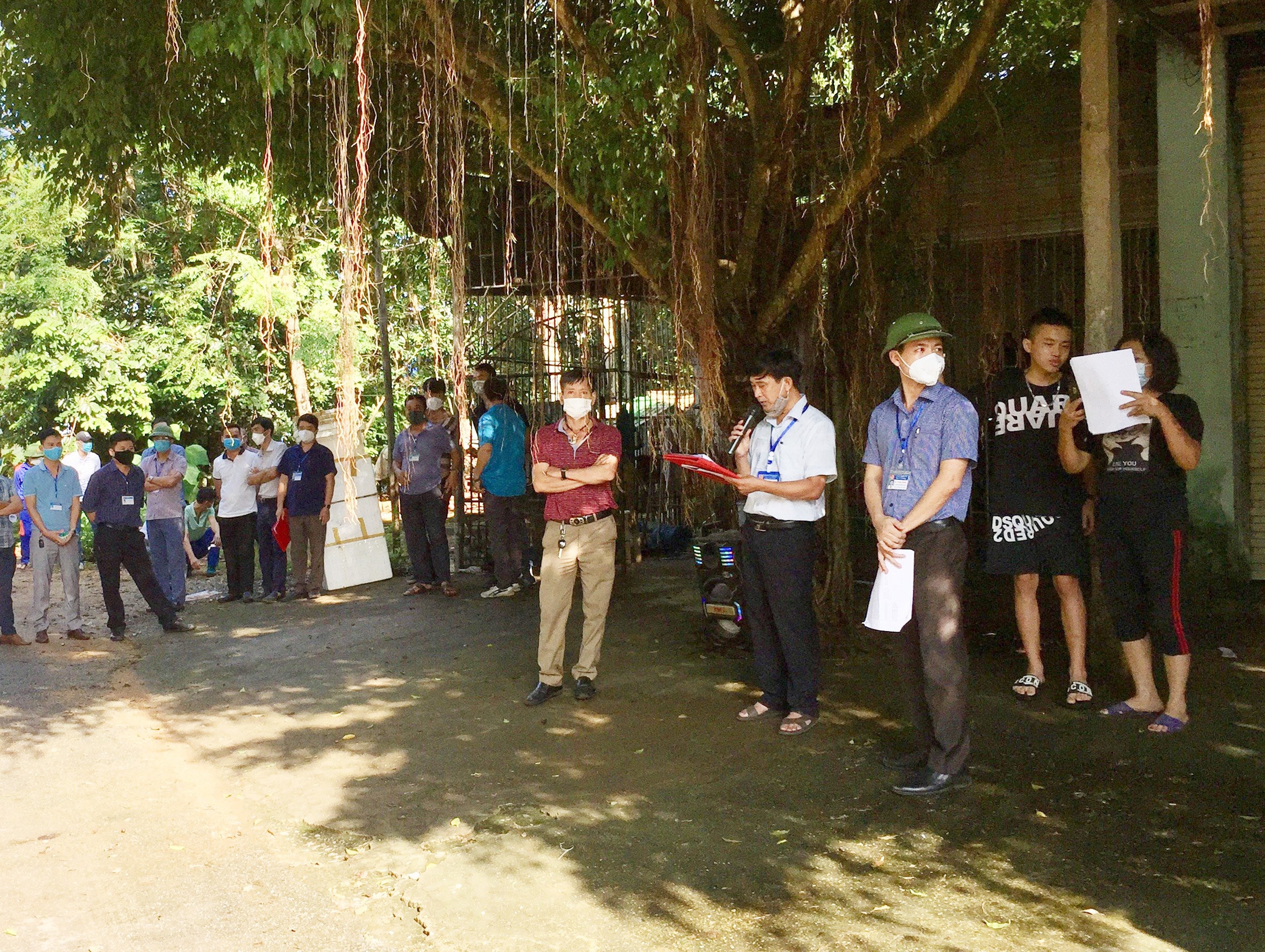 |
| Officials of Thai Hoa town's government at all levels propagate and mobilize people to clear land for investment projects in the area. Photo: Mai Hoa |
This Decision also supplements the determination of the area and type of land to be compensated in cases where the State recovers a part of a land plot with a garden or pond; and handles the remaining area in cases where the State recovers a part of a residential land plot with a garden or pond.
Clearly stipulate compensation, support and resettlement policies when the State reclaims residential land in cases where households have many generations or many couples living together on the reclaimed residential land plot.
Regulations on handling cases where households and individuals have all their residential land, garden and pond land attached to their residential land recovered, and the recovered residential land area is larger than the residential area allocated for resettlement, increasing some support levels for people to partially compensate for difficulties caused by the impact of land recovery...
 |
| Land acquisition for the Hai An Traditional Market and Commercial Center Project in Do Luong District. Photo: Mai Hoa |
Reporter:As you discussed above, in practicecThe work of compensation, support and resettlement when the State reclaims land to serve constructions and projects in the province in recent times has posed a number of difficulties. Therefore, the Decisionnumber24/2022/Which issues of concern does the Provincial People's Committee's Decision-UBND resolve, comrade?
Comrade Hoang Quoc Viet:Decision No. 24/2022/QD-UBND of the Provincial People's Committee was issued with the aim of resolving issues that have long been entangled with the grassroots, but also ensuring that it is consistent with the practical situation of the province and current legal regulations, easy to deploy and apply. One of the biggest problems of localities with key projects and works is the issue of resettlement arrangement when the State reclaims residential land, garden land on the same plot, attached to residential land.
This issue is also the reason for the emergence of many petitions in localities and sent to the Department of Natural Resources and Environment and the Provincial People's Committee recently. For example, there are families whose large residential land area has been recovered but only allocated 1 resettlement plot; or there are families with many generations, many couples living together on a residential land plot when the land is recovered but have not been allocated enough residential land to meet resettlement needs, in cases where households share land use rights but there are no specific regulations on resettlement issues...
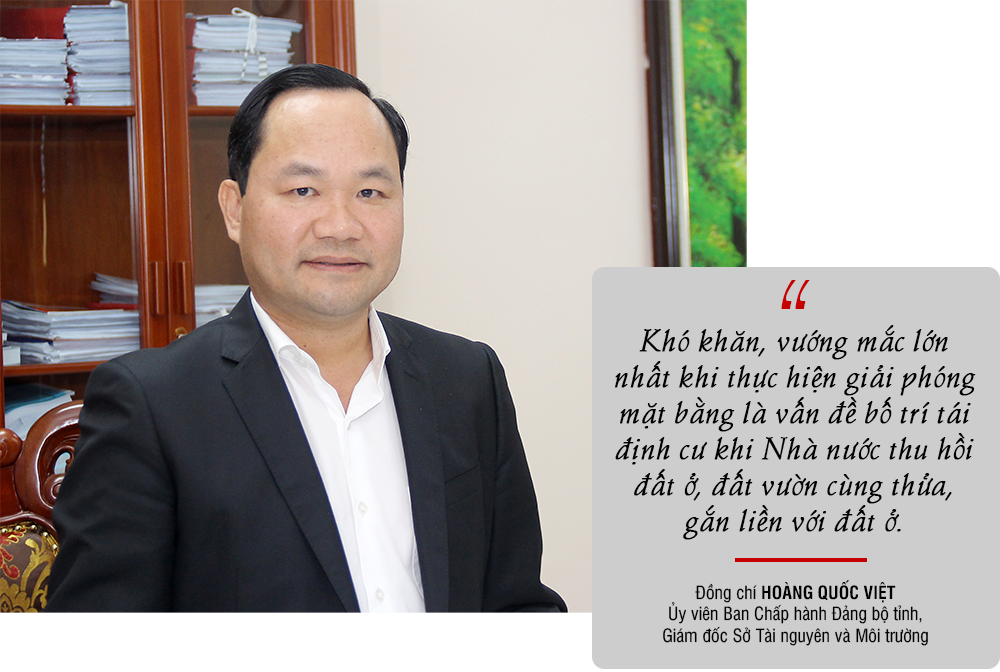 |
Therefore, Decision No. 24/2022/QD-UBND of the Provincial People's Committee (in Clause 2, Article 7) has specifically stipulated these cases as follows: For households whose land is recovered and subjects eligible for household separation, living together on the recovered land plot, without residential land or housing in the ward, commune or town where the recovered land is located, when the State recovers land, each household will be allocated one (01) plot of land and the total land area allocated to all subjects (including the head of the household and subjects eligible for household separation) shall not exceed the recovered area of residential land, garden land, pond on the same plot of land, attached to the recovered residential land.
In case the recovered area is less than twice the maximum land allocation limit in the locality, the household head and eligible subjects will be allocated no more than 02 (two) resettlement plots (the area of each plot does not exceed the land allocation limit).
This regulation aims to ensure the rights of households whose residential land and large garden land (land inherited from their ancestors) are recovered and also not to put pressure on the district level when building resettlement areas for households whose small residential land is recovered but where many generations of family members live together.
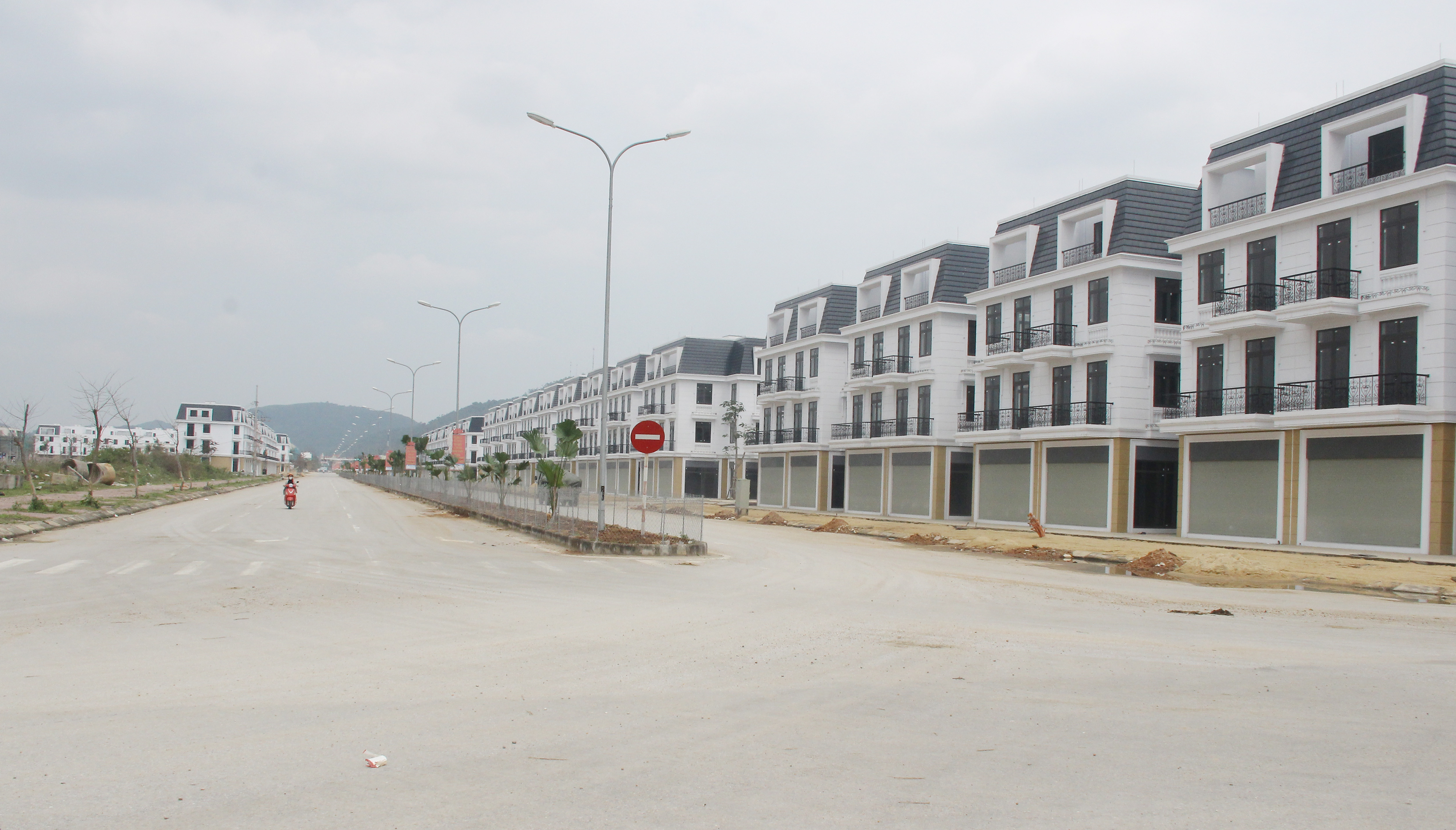 |
| Long Son urban area, Thai Hoa town is invested and built spaciously. Photo: Mai Hoa |
In addition, for households with shared land use rights (not eligible for household separation as mentioned above), resettlement land allocation for co-users corresponding to the area of residential land recovered will be considered or each specific case will be considered for compensation by land allocation with land use fees in accordance with actual conditions and local residential land fund, at the same time the allocated area must not exceed the area of residential land recovered.
Reporter:Thank you very much, comrade!

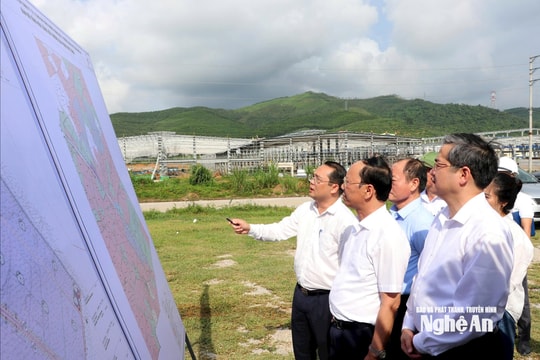
.jpg)
.jpg)
.jpg)
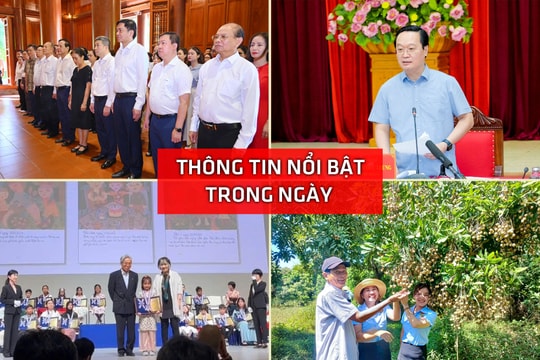
.png)
